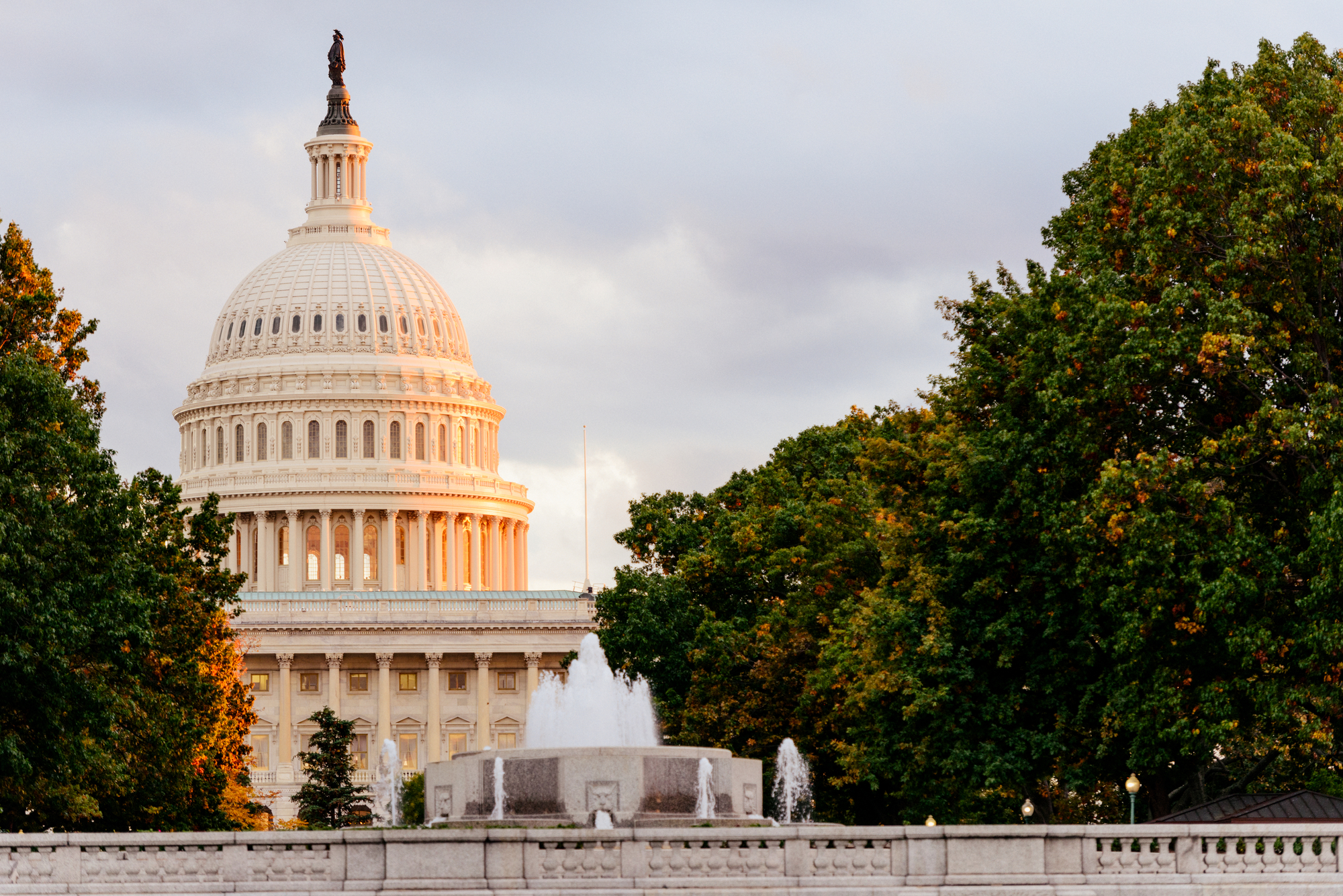
- Details
- By Native News Online Staff
WASHINGTON — The U.S. Senate passed on Saturday President Joe Bidens $1.9 trillion coronavirus relief package, known as the American Rescue Plan Act, after a marathon session. The bill will go back to the U.S. House of Representatives for a final vote next week. Once the House passes the legilsation it will be sent to President Biden for his signature to turn it into law.
The bill provides $1,400 checks to individual Americans who earn up to $75,000 annually or $150,000 per couple.
The final vote was 50-49 with all Republicans voting no for the legislation. Sen. Dan Sullivan (R-Alaska) was absent.
For tribal nations, Democratic senators worked hard to secure more than $31.2 billion in dedicated funding for tribal governments and Native communities, comprising the largest investment in history for Native programs. The new funding will deliver immediate relief for hard-hit Native American families and support Tribal Nations as they build a bridge toward economic recovery.
“Native communities need relief. We listened and we took action. With more than $31 billion for Tribal governments and Native programs, the American Rescue Plan delivers the largest one-time investment to Native communities in history,” Sen. Brian Schatz (D-Hawai‘i), chairman of the Senate Committee on Indian Affairs and member of the Senate Appropriations Committee said after Saturday's vote. “This historic funding is a down payment on the federal government’s trust responsibility to Native communities and will empower American Indians, Alaska Natives, and Native Hawaiians to tackle COVID-19’s impacts on their communities.”
The $31.2 billion investment in Native communities includes:
$20 billion for Tribal governments to combat COVID-19 and stabilize tribal community safety-net programs through Treasury’s State/Local “Coronavirus Relief Fund”
$6+ billion for Native health systems
- Indian Health Service
o $2.340 billion for COVID-19 vaccines, testing, tracing, mitigation, and workforce expenses
o $2 billion for lost third-party medical billing reimbursements
o $600 million for health facilities construction and sanitation programs
o $500 million for clinical health services and Purchased/Referred Care
o $420 million for mental and behavioral health
o $140 million for improving health IT and telehealth access
o $84 million for Urban Indian health programs
o $10 million for potable water delivery
- Native Hawaiian Health Care Systems
o $20 million set-aside for Papa Ola Lōkahi and the Native Hawaiian Health Care Systems within the Community Health Centers funding at the Health Resources and Services Administration
$1.248 billion for HUD Tribal & Native Hawaiian housing programs
- $498 million Tribal set-aside within Treasury’s Homeowners Assistance Program for Tribes and Native housing programs
- $450 million for the Indian Housing Block Grant
- $280 million for the Indian Community Development Block Grant
- $15 million for technical assistance, administrative costs, and oversight
- $5 million for the Native Hawaiian Housing Block Grant
$1.1+ billion for Native education programs, including Bureau of Indian Education schools, Tribal education agencies, Tribal Colleges and Universities, Native Hawaiian education programs, and Alaska Native education programs
- $850 million for Bureau of Indian (BIE) education programs, BIE K-12 schools & dormitories, and Tribal Colleges and Universities
- $190 million for Department of Education grants to Tribal Education Agencies, Native Hawaiian education organizations, and Alaska Native education organizations
- $142+ million for Tribal Colleges and Universities through the Higher Education Emergency Relief Fund
- $89+ million for Native-serving institutions of higher education, including Alaska Native and Native Hawaiian serving institutions, through the Higher Education Emergency Relief Fund
$1+ billion for Native families
- $1+ billion for Tribal child care programs and supports
- $75 million for Tribal TANF grantees to provide assistance to families in need through the Pandemic Emergency Assistance Fund
$900 million for Bureau of Indian Affairs programs
- $772.5 million for Tribal government services (i.e., general welfare assistance, assistance to Tribal governments, public safety, child welfare)
- $100 million for the Housing Improvement Program
- $20 million for potable water delivery
- $7.5 million for administrative costs and oversight
$600 million for Native communities’ critical economic and infrastructure investments
- $500 million for Tribal governments to support capital investments in Native businesses within Treasury’s State Small Business Credit Initiative
- $100 million for critical infrastructure projects in Native communities
$20 million to mitigate the impact of COVID-19 on Native languages
- $20 million for a new emergency Native language preservation & maintenance grant program through the Administration for Native Americans to mitigate impacts of COVID-19 on Native language communities
$19 million for Native communities’ efforts to combat domestic violence
- $18 million for Tribal awardees through the Family Violence Prevention & Services Act
- $1 million for “Stronghearts” Native Domestic Violence Hotline
More Stories Like This
Native News Weekly (August 25, 2024): D.C. BriefsUS Presidents in Their Own Words Concerning American Indians
Native News Weekly (December 14, 2025): D.C. Briefs
Wounded Knee Massacre Site Protection Bill Passes Congress
Two Murdered on Colville Indian Reservation
Help us defend tribal sovereignty.
At Native News Online, our mission is rooted in telling the stories that strengthen sovereignty and uplift Indigenous voices — not just at year’s end, but every single day.
Because of your generosity last year, we were able to keep our reporters on the ground in tribal communities, at national gatherings and in the halls of Congress — covering the issues that matter most to Indian Country: sovereignty, culture, education, health and economic opportunity.
That support sustained us through a tough year in 2025. Now, as we look to the year ahead, we need your help right now to ensure warrior journalism remains strong — reporting that defends tribal sovereignty, amplifies Native truth, and holds power accountable.
 The stakes couldn't be higher. Your support keeps Native voices heard, Native stories told and Native sovereignty defended.
The stakes couldn't be higher. Your support keeps Native voices heard, Native stories told and Native sovereignty defended.
Stand with Warrior Journalism today.
Levi Rickert (Potawatomi), Editor & Publisher

